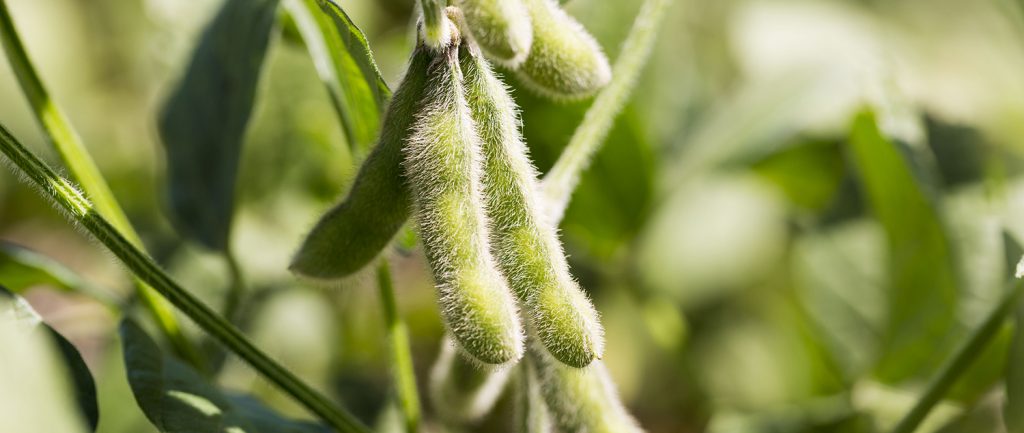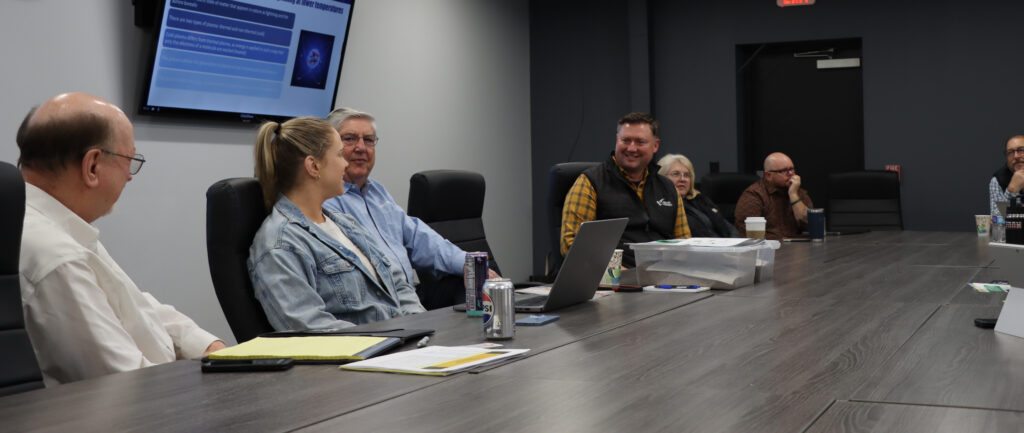Water quality has become a cornerstone for discussion in Minnesota and the Food Dialogues event held at the University of Minnesota highlighted just how important this issue is for everyone.
The Food Dialogues: A Celebration of Minnesota’s Waters hosted a panel discussion with a diverse group of panelists who showed the far reaching impacts of clean water.
Debbie Keknow, director of sustainability for Land O’Lakes, talked to the group about the latest technologies and advancements that allow 1.4 percent of the population to feed everyone while doing it with fewer inputs.
Jeff Merriman is a Brewing and Beer Steward instructor at Dakota County Technical College. Merriman talked about the impact brewing has had in water use and waste and why brewing and micro-brewing has grown in Minnesota.
“Of the four main ingredients, water is the least expensive,” Merriman said.
The Minnesota Pollution Control Agency was represented by assistant commissioner, Rebecca Flood. She discussed the progress Minnesota has made to improve that state’s water and also talked about the next steps in maintaining Minnesota’s lakes, streams and rivers.
“We have way more information about our water resources than we ever have in the past,” said Flood.
Nathan Collins was on the panel and spoke from agriculture’s perspective. Collins farms with his father and brother in western Minnesota where they grow corn, soybeans and beef cattle while also operating a trucking and custom chopping business.
“Water is our life-blood. If we don’t have water, we wouldn’t have a crop, and without those, we wouldn’t have cattle,” explained Collins. “Our job is to use that water and put it back in to the ground in better condition than we got it.”
The panel rounded out with Vanessa Perry who is working on her Ph.D. in natural resource science and management in the University of Minnesota’s College of Food, Agriculture and Natural Resource Sciences. Perry’s unique background and study exposed the group to the overall impact of water quality in communities from productivity to aesthetically to the choices and actions people take with natural resources.
“What happens to the water happens to the people,” Perry said.
The U.S Farmers and Ranchers alliance recorded the entire discussion and can be viewed on their Facebook page.
The evening concluded with a reception where panel members and guests were able to continue the conversation about Minnesota’s waters. The reception was supported by the Minnesota Soybean Research & Promotion Council.
The Farm and Food Alliance of Minnesota is made up of a conglomerate of commodity organizations and allied partners with the common goal of ensuring Minnesota’s agricultural future. Groups involved include: Minnesota Beef Council, Minnesota Turkey Research & Promotion Council, Minnesota Pork Board, Midwest Dairy Association, Minnesota Corn Growers Association, Minnesota Soybean Research & Promotion Council, Minnesota Wheat Research & Promotion Council, Minnesota Farm Bureau, Minnesota Farmers Union, and Minnesota Agri-Growth.
U.S. Farmers & Ranchers Alliance (USFRA) consists of more than 90 farmer and rancher led organizations and agricultural partners representing virtually all aspects of agriculture, working to engage in dialogue with consumers who have questions about how today’s food is grown and raised.
Tags: water






